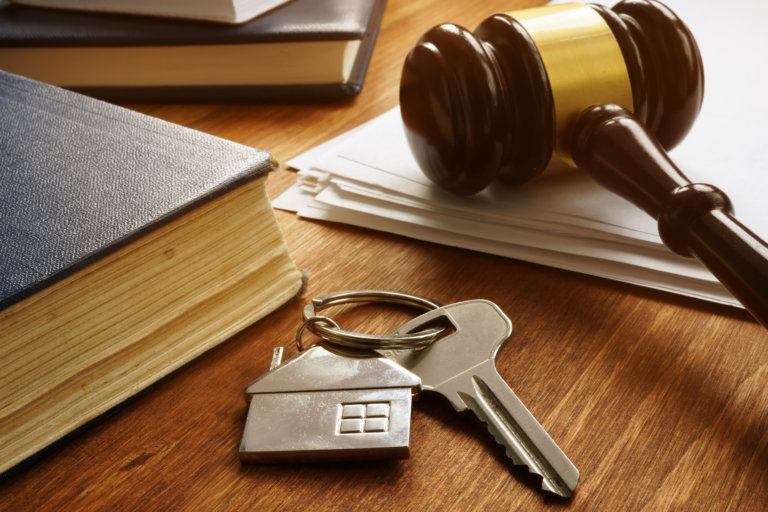Quitclaim deeds are legal documents that property owners use to transfer property to someone else. However, unlike with a typical warranty deed in which the seller guarantees they legally own the property and the property is free and clear of all liens, there are no guarantees with quitclaim deeds. The grantor (person transferring the property) basically says they are transferring whatever ownership interest they have in the property to the grantee (the person buying or being transferred the interest in the property).
Quitclaim deeds can be an effective way to transfer property in Florida in certain circumstances. Here are the pros and cons you should understand about these deeds to determine if a quitclaim deed is right for you.
Pros
There are several benefits of using a quitclaim deed, including:
Simple Process
Completing a quitclaim deed is a simple and straightforward process. The deed is shorter than other deed types because it does not need to include all of the warranty language in other deeds. A quitclaim deed generally still requires, amongst other things, for the following information to be included in it:
- The grantor’s name
- The grantor’s marital status
- The grantee’s name
- The property’s legal description
- Non-homestead language (if applicable)
The deed must be notarized and signed before two witnesses. It must also be recorded with the County Recorder’s office.
Affordable
Quitclaim deeds are one of the most affordable ways to transfer property.
Quick
Because quitclaim deeds do not involve title insurance, they help to complete the transfer process faster.
Multiple Uses
Quitclaim deeds are versatile. They can be used in various situations, including:
- Transferring property without an exchange of money, such as to a family member or friend.
- Transferring property between spouses.
- Meeting the requirements of a divorce settlement.
- Adding a new co-owner to the property.
- Removing a co-owner from the property.
- Transferring the property to a trust.
- Clarifying ownership when it is in question.
Cons
Here are the drawbacks you should be aware of when using quitclaim deeds:
No Warranties
What makes a quitclaim different than some other Florida deed types is that the grantee is not making any guarantees or warranties about a property, including that:
- They own any interest in the property.
- There are no liens on the property.
- There are no competing claims to the property.
- There are no problems or defects with the property.
- Taxes have been paid, and there are no tax liens.
- There are no lawsuits involving the property.
- There are no clouds on title.
While using a quitclaim deed can be fast and inexpensive, ultimately the grantor may be conveying nothing. If they don’t own the property, signing a deed doesn’t suddenly change that fact. Therefore, a quitclaim deed is not an ideal type of deed to use if there is money being exchanged, or if the exchange is part of an arms’ length transaction between two parties to a sale.
Assumption of Liabilities
Because quitclaim deeds do not provide any guarantees, the grantee takes the property as-is. If there are any outstanding liens, claims, or mortgages on the property, you take the property subject to them. The grantor’s name is not removed from the mortgage simply because they sign this document. It only transfers any ownership interest that the grantor has in the property and does not affect the grantor’s contractual agreement with the mortgage provider or other creditors. Other liens that attached prior to the deed transfer also remain.
No Availability of Loan Funds
Some traditional mortgage lenders will not loan money on property that is owned via a quitclaim deed.
No Title Protection
Another drawback to using a quitclaim deed is that there is no title protection for the new owner.
Because there are risks associated with using quitclaim deeds, it is advisable that you seek the help of an experienced real estate attorney.
Work With An Experienced Florida Real Estate Attorney
Even without warranties, quitclaim deeds are still legally binding documents that have legal implications. If you are considering using a quitclaim deed, an experienced Florida real estate attorney can review your situation, determine if a quitclaim deed is appropriate, and prepare a deed that meets your needs.
Schedule a free consultation with an experienced Florida real estate attorney at Farshchian Law by calling (800) 604-1871 or emailing us via our secure online contact form. We provide real estate, deed transfer, and title/closing services throughout the State of Florida.

